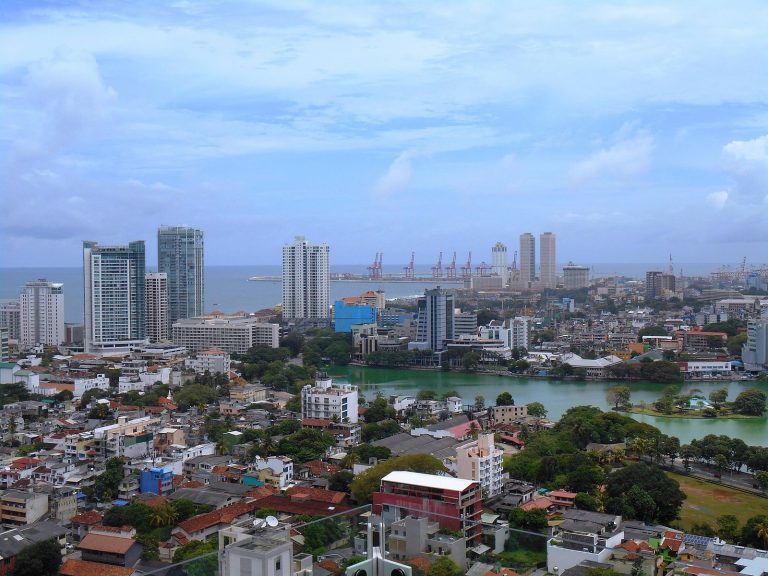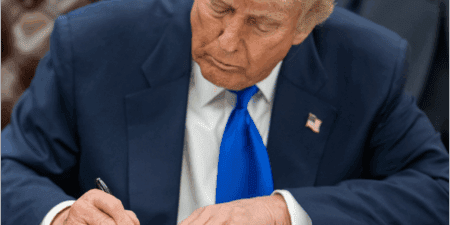BGA’s Sri Lanka team, led by Senior Advisor Chullanté Jayasuriya, wrote an update on the resignation of Sri Lanka’s leaders after violent protests. The update addressed the state of play in the country and some signposts clients and prospects should watch for in the coming weeks and months.
Context
- Sri Lanka’s President Gotabaya Rajapaksa and Prime Minister Ranil Wickremesinghe announced they would resign after violent protests July 9. Demonstrators stormed the president’s official residence and set fire to the prime minister’s house in Colombo.
Significance
- The events are significant in that they mark the end of Rajapaksa’s three-year term. This comes after months of protests demanding he resign.
- Sri Lanka’s politics will undergo a period of political transition in the coming weeks, with a potential election looming. Beyond plans for interim governance, a new government under a new prime minister may call for elections within a short period of time for voters to elect a new government.
Implications
- The protests and resignations leave unresolved questions about the country’s economic stability of key concern to businesses. Of particular concern is whether it will get the billions of dollars required to acquire the fuel, food and other essentials to stabilize the crumbling economy.
- Sri Lanka’s foreign alignments with key partners, and the ties to domestic developments, will be important for companies to monitor. The ousted leaders had looked to India, China and even Russia for help, but any assistance now will depend on new leaders being able to restore a sense of order and stability. Until this happens, businesses may want to take a wait and see position on the country.
BGA will continue to keep you updated on developments in Sri Lanka as they occur. If you have any questions or comments, please contact BGA Sri Lanka Senior Advisor Chullanté Jayasuriya at cjayasuriya@bowergroupasia.com.

Senior Advisor
Chullanté‘s command of economic, political and social trends in Sri Lanka makes him a unique leader with a broad and deep network throughout the country. He has over 30 years of experience in trade and investment promotion, private sector development, policy planning implementation, management of chambers of commerce and international development cooperation. Chullanté previously served as the International Trade Centre’s national consultant to the National Export Strategy of Sri Lanka and as Sri Lanka senior technical advisor for local economic governance at The Asia Foundation. He is a United Nations Economic and Social Commission for Asia and the Pacific (UNESCAP) ...
Read More


























